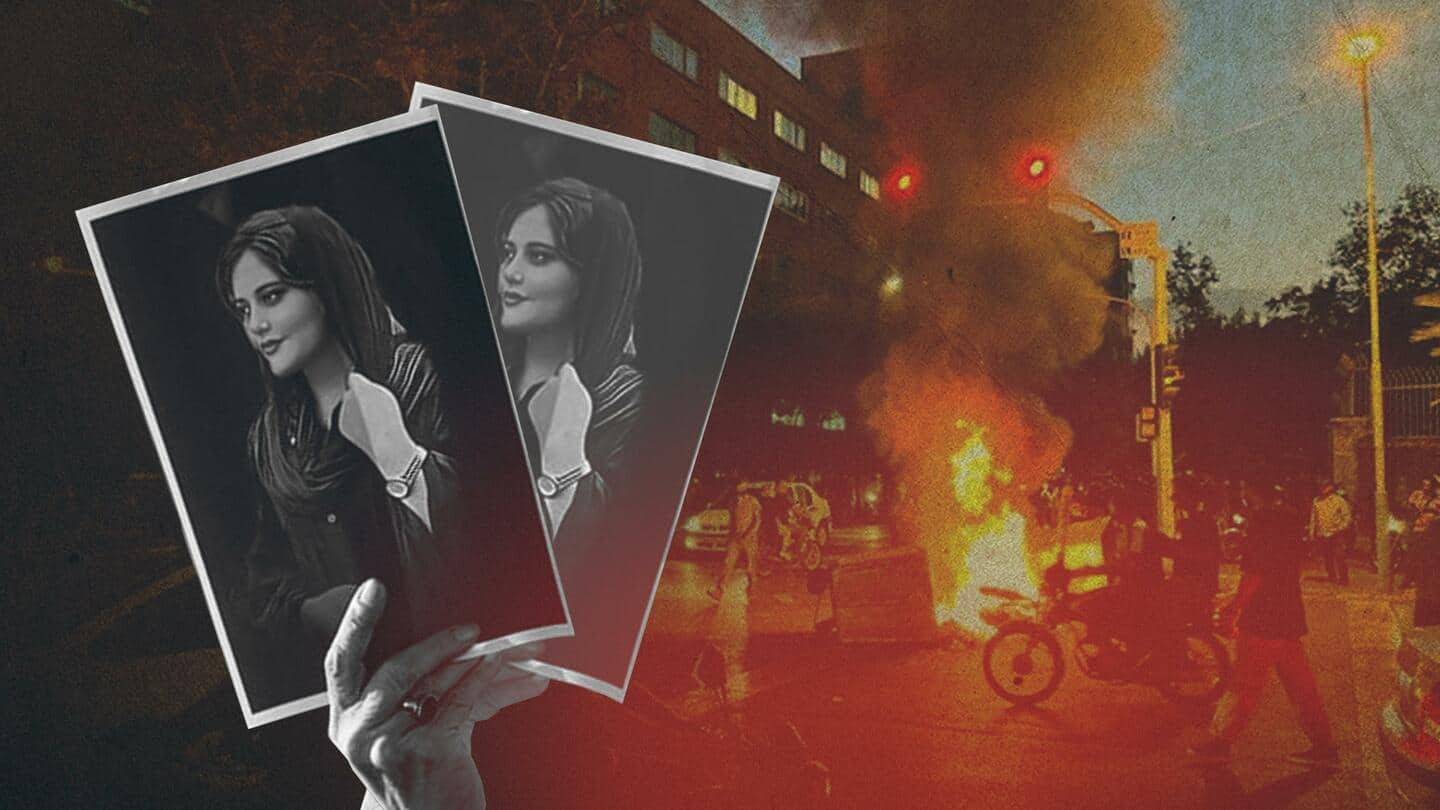
Iran: Strike, protest rally amid suspense over morality police abolition
What's the story
Protesters in Iran have called for a three-day strike following contradicting claims about the country's morality police being abolished.
The months-long protests sparked by the killing of 22-year-old Mahsa Amini failed to cease despite reports about the morality police shutting down.
According to local media, Iran's prosecutor general, Mohammad Jafar Montazeri, announced the closure of the country's controversial police unit on Sunday.
Context
Why does this story matter?
The anti-hijab row gained substantial momentum across Iran after Amini was killed by the morality police while she was in custody.
As a result, women worldwide held symbolic protests by removing their hijab or cutting their hair.
This movement is viewed across the world by women as an act of resilience and created a lot of media buzz.
Program
Proposed rally in Tehran's Azadi Square
The Guardian reported that protesters are now planning a three-day strike and a demonstration for Wednesday in Azadi Square in Tehran.
Similar appeals for mass mobilization and strike action in previous weeks led to an increase in the turmoil.
Meanwhile, US special envoy to Iran Rob Malley said the country's government has placed itself in a "vicious cycle" with its assault on the protesters.
Details
Conflicting statements create confusion
Protesters across Iran rejoiced after Montazeri's "significant" statement on Sunday.
The interior ministry, which is in charge of the morality police, did not, however, confirm the abolition of the morality police.
According to the official Iranian media, Montazeri was not in charge of managing the army.
Amid the confusion, an Iranian lawmaker said the government was "paying attention to the people's real demands."
Quote
'Government paying attention to economic demand'
"Both the administration and parliament insisted that paying attention to the people's demand which is mainly economic is the best way for achieving stability and confronting the riots," said lawmaker Nezamoddin Mousavi, addressing the reported closure of the morality police.
Statement
Review of hijab-law?
On Saturday, Montazeri stated that both parliament and the judiciary are working on the subject of reviewing the law that requires women to cover their heads.
President Ebrahim Raisi also added that Iran's republican and Islamic foundations were constitutionally entrenched "but there are methods of implementing the constitution that can be flexible."
About
What is morality police?
The 'morality police' was established in Iran in 2006, under the administration of hardliner President Mahmoud Ahmadinejad.
Also known as 'Gasht-e-Ershad' or "Guidance Patrol," it was founded to propagate the culture of decency and hijab.
Essentially, morality police began keeping an eye on women to ensure they were following regulations like wearing hijab or not, and they were arrested for not wearing one.
Legislation
What is Iran's hijab law?
The hijab became mandatory four years after the 1979 revolution, which overthrew the US-backed monarchy and established the Islamic Republic of Iran.
Hijab has been a big issue in the country since it was made mandatory.
While conservatives say it should be mandatory, reformists have been in favor of leaving it to the individual choice of women.